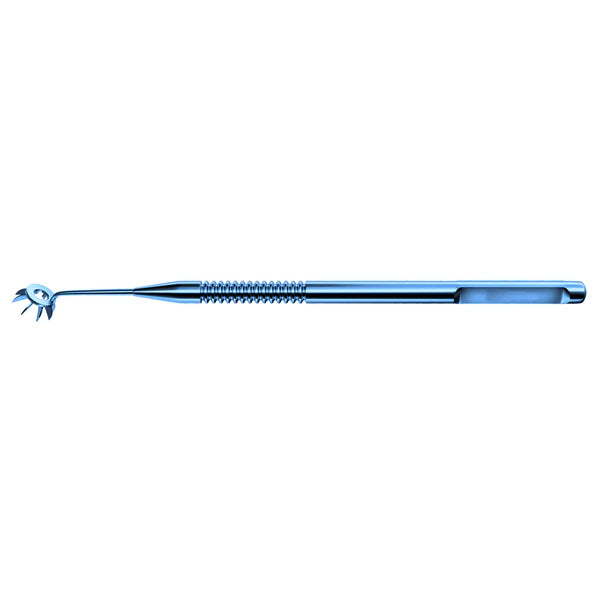In the complex field of ophthalmology, precision is most important. The eyes are delicate, and any surgical procedure demands the highest accuracy level. One tool that plays an important role in achieving this precision is the corneal marker. In this blog post, we'll explore the significance of corneal markers in ophthalmology, shedding light on how they enhance accuracy and improve surgical outcomes.
The Basics of Corneal Markers
Corneal markers are specialized tools used by ophthalmic surgeons to create reference points on the cornea. These markers assist in guiding surgical procedures with pinpoint accuracy. Their primary purpose is to ensure that incisions and adjustments are made in the right locations, reducing the margin of error and enhancing overall surgical precision.
Going through Perplexity: Why Precision Matters
In the world of ophthalmology, accuracy is a necessity and the most important factor. The eyes are complex, and even the smallest miscalculation can have profound consequences. Corneal markers address this need for precision by providing surgeons with a reliable reference point, minimizing the risk of errors during surgical procedures.
The human eye is a marvel of nature, and its complexities demand a precise approach. Surgeons, when equipped with corneal markers, can go through the perplexities of eye surgery with confidence, knowing that they have a tool designed to enhance accuracy and reduce uncertainties.
Burstiness in Surgical Excellence
Burstiness, or the ability to respond quickly and effectively, is another aspect where corneal markers shine. In ophthalmic surgery, moments matter, and having a tool that allows for swift and precise actions can make all the difference. Corneal markers facilitate burstiness by streamlining the surgical process, enabling surgeons to make accurate decisions in real time.
The Role of Corneal Markers in Specific Procedures
Corneal markers find applications in various ophthalmic procedures, such as cataract surgery, refractive surgery, and corneal transplants. In cataract surgery, for example, precise incisions are essential for optimal lens replacement. Corneal markers guide surgeons in creating these incisions with unparalleled accuracy, leading to better postoperative results for patients.
Contextual Precision: Tailoring the Approach
One of the key strengths of corneal markers lies in their ability to provide contextual precision. Surgeons can tailor their approach based on the unique characteristics of each patient's eye. This personalized precision ensures that the surgical procedure is optimized for the individual, taking into account factors such as corneal shape, thickness, and other anatomical nuances.
Corneal markers are indispensable tools in the toolkits of ophthalmic surgeons. Their role in enhancing precision, going through perplexity, and facilitating burstiness is instrumental in achieving successful outcomes in eye surgeries. As technology advances, these markers continue to evolve, further contributing to the refinement of ophthalmic procedures.
At Peak Surgicals, we understand the critical role that corneal markers play in maintaining surgical precision. Our commitment to providing tools for ophthalmic professionals underscores our dedication to advancing the field and ensuring the best possible outcomes for patients.
